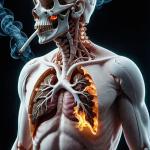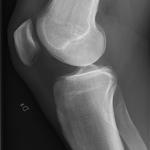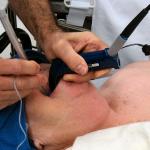Lung cancer (LC) is a terrible disease that kills more than 120,000 Americans annually, but there is good news. If LC can be detected while still at a small size before it has invaded and spread, it is curable.
Disease
In multiple studies, lower socioeconomic status (SES), the American term for caste, has been associated with poor health and treatment outcomes.
Bone fractures are the bane of people with unhealthy or fragile bones. That is especially true for the elderly, for whom a fracture that occurs spontaneously or as the result of a fall or other trauma can be life-threatening.
In 2013, the American Heart Association (AHA) and the American College of Cardiology (ACC) created a “risk calculator” to estimate the 10-year risk of atherosclerotic cardiovascular disease (ASCVD) and guide patient-centered medical therapy
Ischemic heart disease, the leading cause of death in the United States, became increasingly common during the 20th century. Its etiology remains obscure.
We talked about the risks associated with human error in high-security research labs, emphasizing the need for appropriate regulation and oversight.
“Studies have not rigorously investigated associations between opioids administered in the intensive care unit (ICU) setting during mechanical ventilation and posthospitalization opioid use.”
Consider this a sort of Public Service Announcement about the nuances of prenatal testing (and, in an odd way, about the selection of individual pronouns).
Have you noticed that the television weather is no longer content to report and predict but has taken to catastrophizing the changing climate?












